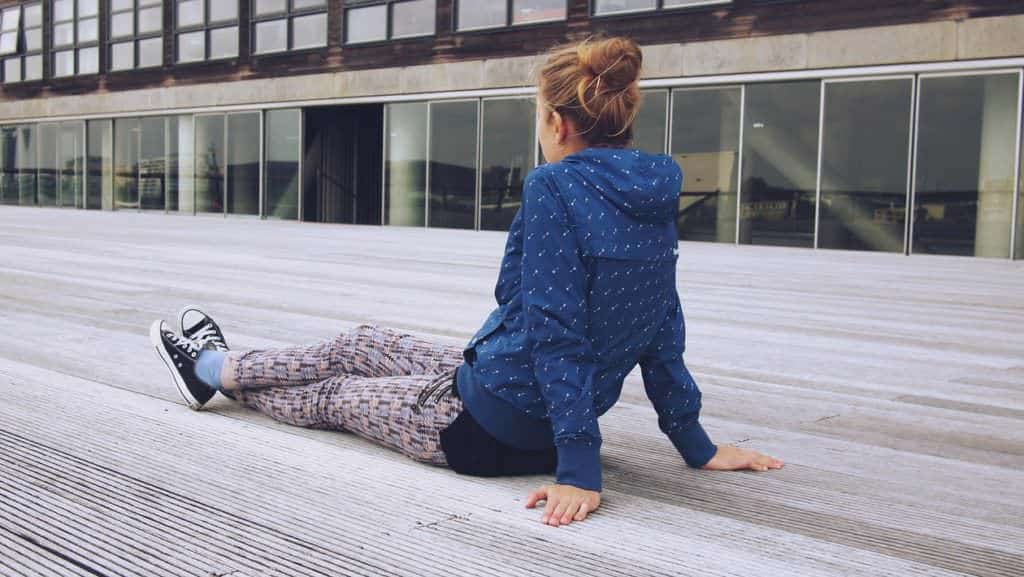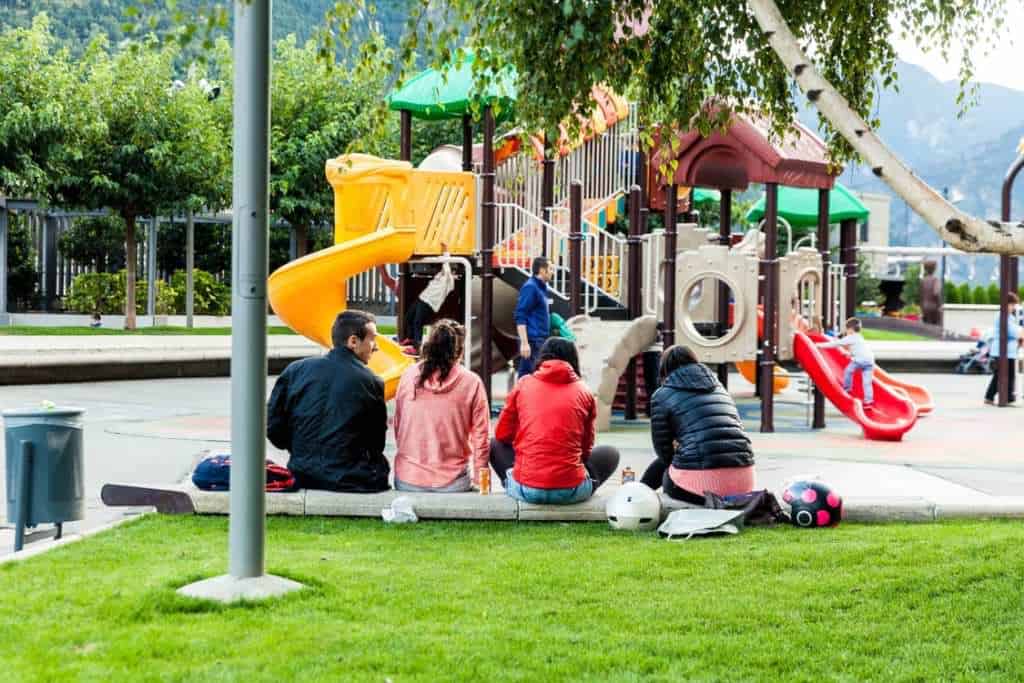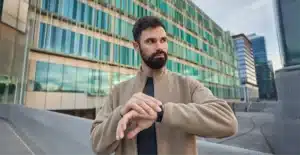An old say you may or may not have heard before is “Children are the messages we send into the future.” But what if we thought about it from a slightly different perspective and make a small adjustment to that saying; “Children are the potential addicts we send into the future”. It certainly gets us in the mindset to hear advice from Paul Larkin, senior legal research fellow at the Meese Center for Legal and Judicial Studies Institute for Constitutional Government.
Many of you reading might be aware of D.A.R.E., a program developed as part of the ‘demand side’ drug control strategy of the War On Drugs initiative. Unfortunately, the approach it takes is the same that Larkin would take, that of education, but the style would be much different. While D.A.R.E. tried everything to scare kids away, talking about dying, prison and other possible outcomes of using drugs, Larkin’s method are more pragmatic and less theatrical.
“Kids need to hear about the risks of taking drugs from people they respect in the fields of study they’re representing. We need to treat kids…like adults,” he recently stated in an interview for a national radio program. Noting that parents can’t simply relay information, he recommended doctors, pediatricians, anyone within the health field speak to them about the effects of the drugs, what addiction is and how it can negatively affect and ultimately control your life, and that it can stunt brain development since the brain isn’t fully formed until a person’s early 20’s.
His methods are all based on research that shows that if a person doesn’t try drugs or alcohol by age 24, they more often than not don’t partake at all and an even greater number don’t develop substance use disorder at any time in their lives.
“Unfortunately, parents can’t deliver this information to their children because it has to go through the filter of the fact they are a parent.” As much as parents do care and as much as they might know about the topic, Larkin noted that kids don’t always listen to parents for a variety of reasons, so experts telling them, like adults, about the effects of drugs is no different than how they find out about anything else from an authority on the subject. Larkin believes that kids would be more likely to take the information in and consider it more fully.
The D.A.R.E. approach gave the impression that using anything once would really kill you and if you didn’t die, you’d at least be thrown into prison, so when word gets out that a person can get drunk and none of that happens, then the result is that the adults don’t know what they’re talking about.
The use of drugs and alcohol overall continues to steadily decline and anything we can do to send a message of understanding what addictive substances can do into the future, with a realistic approach, we can send more messages of prevention into the future.

Unfortunately, many people suffer from addiction in Orange County today. Call Northbound’s addiction line at 855-585-6803 to speak to specialists who can offer drug use help at Northbound’s drug and rehab centers.
Author
-

President, CEO & Founder at Northbound Treatment Network
Paul Alexander is the CEO, President & Founder of Northbound Treatment Network in Newport Beach, California. He believes wholeheartedly in transformational leadership, organizational health and effective, fully integrated substance use disorder and mental health treatment. With over 27 years of experience in behavioral healthcare, Paul has extensive knowledge of “in vivo” treatment modalities, clinical development, operations, strategy, marketing and financial planning. He has been widely recognized for his development of collegiate-based residential treatment programs for students in recovery and authored a research study at The University of California confirming this modality’s effectiveness.
Paul’s comprehensive professional experience, willingness to innovate, and emphasis on organizational health are vital factors in Northbound’s continued success. Paul received his Certified Addiction Treatment Specialist training at Saddleback College in Mission Viejo, CA, and was awarded Outstanding Alumni Service Award in 2002. Paul holds a Bachelor of Arts degree in Criminology, Law and Society, Summa Cum Laude, from University of California, Irvine, and a Juris Doctorate degree from Loyola Law School of Los Angeles. Paul currently serves on The National Association of Addiction Treatment Providers (NAATP) board. In addition, he serves on The Family Recovery Foundation board and The CarePossible board in Orange County; both organizations are committed to raising funds for family recovery and treatment for former military personnel. Paul is in recovery himself and lives in Orange County with his wife Silvana and his two young sons, Noah and Dean.










